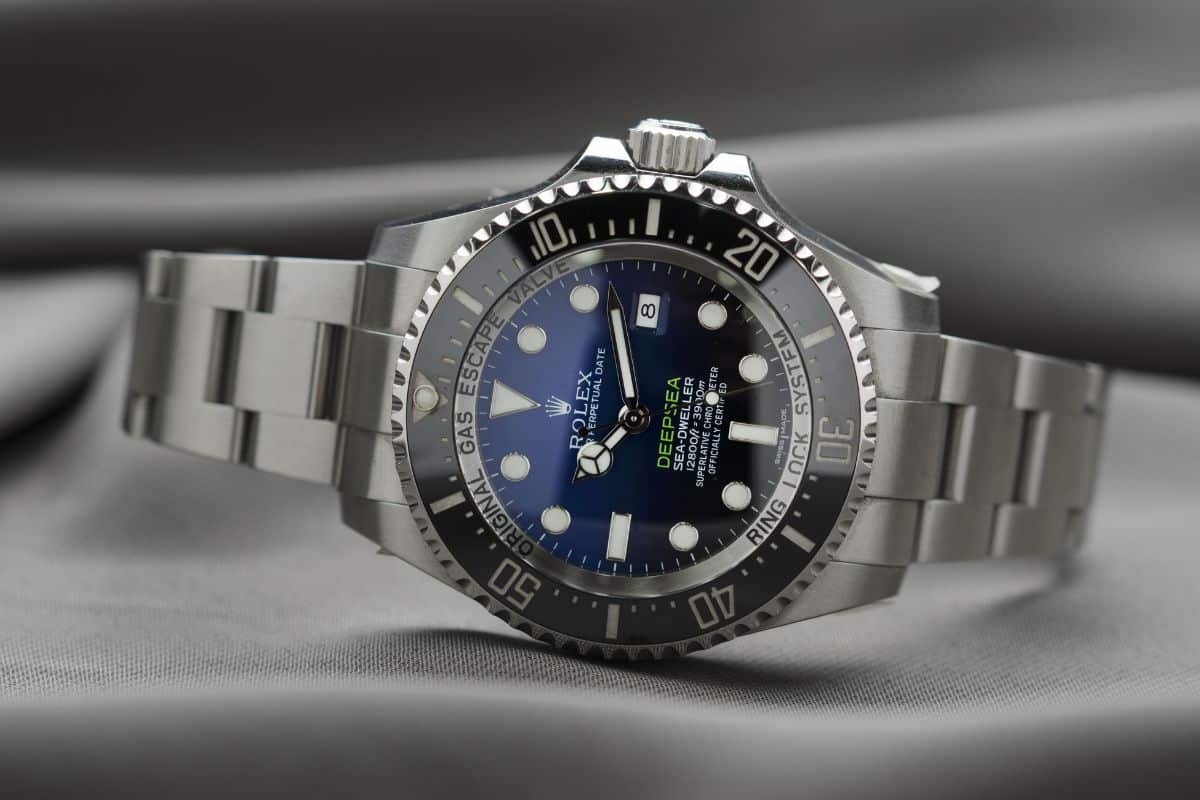Influencer Marketing: A Modern Connection Between Brands and Consumers
In the ever-evolving marketing landscape, the advent of influencer marketing represents a significant shift in how brands connect with consumers. Influencer marketing, a strategy that utilizes the power of influential individuals with vast social media followings, has drastically transformed the traditional advertising paradigm.
In this digital age, these influencers leverage their online reach to promote brands and products or services to followers, creating a more personalized and authentic connection.
Understanding Influencer Marketing: A Shift from Traditional Advertising
To comprehend the meteoric rise of influencer marketing, one must first understand how it diverges from traditional advertising techniques.
Breaking Away from Conventional Strategies
Traditional advertising often involved brands reaching out directly to consumers through various mass media platforms, such as TV, radio, and print. However, the rise of social media and the decline in traditional media consumption have necessitated a shift in advertising strategies. Brands began to recognize the value in partnering with influencers – individuals who had cultivated a substantial and engaged online audience.
The Power of Authentic Endorsements
In contrast to traditional advertising, which can often feel impersonal and disruptive, influencer marketing offers a more organic and authentic form of endorsement. Influencers are seen as trusted figures within their online communities, and their endorsement carries a level of trust and credibility that traditional advertising often lacks.
Decoding the Surge: The Driving Factors Behind the Rise of Influencer Marketing
Several intertwining factors have fostered the remarkable ascendancy of influencer marketing. The shift from traditional marketing methods towards a more personalized, trust-based approach has been catalyzed by changes in technology, consumer behavior, and media consumption. Here, we delve deeper into these pivotal factors that have propelled influencer marketing to its current prominence.
The Social Media Boom
The rise of influencer marketing is intrinsically linked to the unprecedented growth and evolution of social media. Platforms like Instagram, YouTube, TikTok, and others have given birth to a new breed of celebrities – the social media influencers. These individuals have harnessed the power of social media to build vast audiences, engaging followers with their unique content and distinctive personalities.
The all-pervasive nature of social media platforms allows influencers to share their life, opinions, and endorsements with their followers instantly and frequently, creating a sense of intimacy and connection. This has created a perfect landscape for brands to seamlessly integrate their products into consumers’ everyday lives via influencers, making marketing messages feel less intrusive and more organic.
The Value of Personal Endorsement
In a world where consumers are inundated with advertisements at every turn, authenticity, and trustworthiness are highly prized. Individuals are likelier to trust recommendations from someone–particularly one they admire or relate to–than a faceless brand. Influencers, having cultivated a relationship with their followers based on shared interests and authenticity, often possess the trust and respect of their followers.
Brands leveraging this trust can create a potent impact. When an influencer endorses a product, it is seen as a promotion and a recommendation from a trusted friend. This perception significantly increases the efficacy of the marketing message, making influencer marketing a highly effective strategy in the contemporary advertising landscape.
Niche Targeting
Influencer marketing has also gained popularity due to its unique ability to tap into niche markets. Influencers often have followers who share their specific interests, whether it’s fashion, fitness, food, or gaming. Brands can leverage this by partnering with influencers who align with their product or service.
This targeted approach enables brands to reach an audience that is more likely to be interested in their offerings, leading to higher engagement rates, better conversion, and a higher return on investment. Thus, the rise of influencer marketing can also be attributed to its unmatched ability to penetrate niche markets effectively.
How Influencer Marketing is Reshaping the Brand-Consumer Paradigm
The ascent of influencer marketing signals a profound transformation in the traditional brand-consumer dynamics. Its impact extends far beyond the expanded reach and heightened visibility.
Influencer marketing has revolutionized how brands and consumers interact by fostering more personalized, engaging, and authentic relationships.
Cultivating Personal Connections
Influencer marketing allows brands to ditch impersonal and often ineffective traditional advertising methods in favor of more personal and relatable connections with consumers. Collaborating with influencers allows brands to be represented by real people with real experiences and opinions. This association lends a human face to brands, making them seem more approachable, relatable, and trustworthy.
Influencers can share personal stories, experiences, and testimonials about a brand’s products or services, imbuing the marketing message with a sense of authenticity and personal connection that traditional advertising often lacks. This can significantly boost consumer trust and loyalty, as consumers are more likely to trust a person they admire and relate to than a faceless corporation.
Interactive Marketing
Unlike the one-way communication of traditional advertising, influencer marketing is a two-way street. It encourages interaction and engagement, providing a platform for consumers to voice their thoughts, opinions, and queries. Influencers can spark conversations about a brand, respond to comments, answer questions, and even engage in direct dialogues with their followers.
This interactivity makes consumers feel heard and valued, fostering a sense of community around the brand. It transforms consumers from passive recipients of marketing messages into active participants in brand narratives. This increased level of engagement can lead to stronger brand loyalty, higher customer retention rates, and ultimately, increased sales and profitability.
Influencer Marketing as a Storytelling Medium
Influencers often employ storytelling techniques in their content, sharing personal experiences, insights, and narratives that create a rich context around the products or services they endorse. This form of storytelling is a powerful way to capture attention, generate emotional engagement, and build a memorable brand image.
By leveraging influencers’ storytelling skills, brands can present their offerings in a compelling, memorable way, enhancing brand recall and fostering deeper emotional connections with consumers. This emotional engagement can significantly influence purchase decisions, making influencer marketing an incredibly effective tool in a brand’s marketing arsenal.
Key Takeaways
The ascension of influencer marketing represents a transformative shift in the advertising world. Its emphasis on authenticity, personalization, and engagement is proving to be a powerful tool in the modern marketer’s arsenal.
As influencers continue to proliferate and social media platforms evolve, it seems likely that influencer marketing will continue to play an increasingly significant role in shaping the way brands connect with consumers. While it may not completely replace traditional advertising forms, it presents a dynamic and effective approach to reaching and engaging the contemporary consumer.
Related Articles
The Evolution of Branding: Cattle Marks to Modern Logos
Email Marketing,Business Management,Digital Marketing,Social Media,Advertising,Marketing,Business,Design,Branding,Content Marketing
December 15, 2023
The concept of branding is woven throughout human history. Its beginnings, surprisingly, trace back to the practice of cattle branding, where…
0 Comments8 Minutes
Revolutionizing Retail: How Selfridge and Wanamaker Shaped Modern Shopping
Business Management,Advertising,Marketing,Branding,Business
November 13, 2023
The retail landscape as we know it today was shaped by innovative entrepreneurs who dared to think differently and redefine the shopping experience.…
0 Comments8 Minutes
The Taco Bell Liberty Bell Prank: Viral Marketing Success
Business Management,Branding,SEO,Business,Marketing,Digital Marketing,Content Marketing,Advertising
October 26, 2023
Marketing has always played a crucial role in the success of a business, and with the increasing influence of the internet and social media, viral…
0 Comments8 Minutes
The Secret of Rolex’s Winning Marketing Strategy
Digital Marketing,Content Marketing,Marketing,Social Media,Email Marketing
October 6, 2023
For over a century, Rolex has been renowned for its luxury watches. And its sophisticated marketing strategies have allowed the brand to remain…
0 Comments11 Minutes
The Old Spice Marketing Revamp: A Masterclass in Rebranding
Business Management,Branding,SEO,Marketing,Digital Marketing,Content Marketing,Business
September 26, 2023
Old Spice is a brand that has been synonymous with men's grooming products for decades. However, by the early 2000s, the brand was struggling to…
0 Comments8 Minutes
The Evolution of Product Placement: A Marketing Phenomenon
Digital Marketing,Content Marketing,Email Marketing,Marketing,Branding,Advertising,Business
September 13, 2023
Product placement, the marketing technique of strategically incorporating branded products into various forms of media, has long been an influential…
0 Comments9 Minutes
7 Tips for Hiring the Right Digital Marketing Consultant
Digital Marketing,Content Marketing,Email Marketing,Marketing,Social Media,Advertising,Business
July 6, 2023
If you're ready to elevate your business, enlisting the help of a digital marketing consultant is an ideal way to maximize your online presence and…
0 Comments13 Minutes
Burger King’s Whopper Sacrifice: Viral Marketing and Brand Success
Digital Marketing,Social Media,Business,Marketing,Branding,Content Marketing
February 17, 2023
In the world of marketing, standing out from the competition is essential for success. One way to achieve this is through viral marketing stunts,…
0 Comments8 Minutes
10 Content Marketing Blogs You Should Check Out
Digital Marketing,Marketing,Content Marketing
June 8, 2019
Nowadays (mostly) everyone is on the internet. Obsessed with their mobile phones, laptops or tablets, users scroll through their social media apps…
0 Comments7 Minutes









